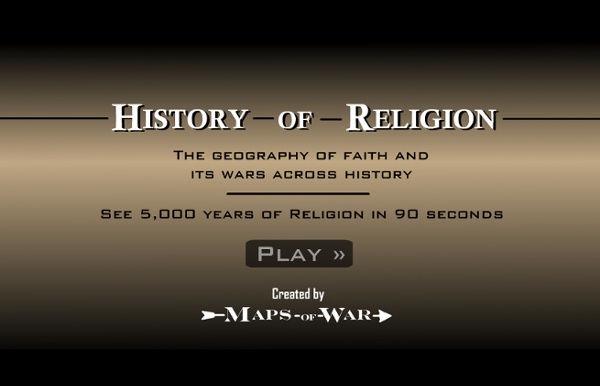



This I Believe | A public dialogue about belief — one essay at a time LUXURE Worldviews - AllAboutWorldview.org Church of the SubGenius Jehovah 1, the primary deity of the Church of the SubGenius The Church of the SubGenius is an American UFO and parody religion that targets better known belief systems. It teaches a complex belief system that focuses on J. R. Ivan Stang, who co-founded the Church of the SubGenius in the 1970s, serves as its high profile leader and publicist. Origins[edit] The Church of the SubGenius was founded by Ivan Stang (born Douglas St Clair Smith) and Philo Drummond (born Steve Wilcox) as the SubGenius Foundation. Church leaders maintain that a man named J. Beliefs[edit] Deities[edit] The Church of the SubGenius' ostensible beliefs defy categorization or a simple narrative, often striking outside observers as bizarre and convoluted. Dobbs[edit] SubGenius leaders teach that Dobbs' nature is ineffable and consequently stylize his name with quotation marks. In the Church's mythology, Jehovah 1 had intended for Dobbs to lead a powerful conspiracy and brainwash individuals to make them work for a living.
This Week: Answering Evil John Stonestreet interviews Drs. Bill Brown and Cornelius Plantinga about the Christian response to unthinkable evil. Listen Now | Download Last week our nation watched in horror as the aftermath unfolded from of one of the most senseless acts of violence we've seen in years. As scores of families involved attempt to reassemble the pieces of broken lives and those around us struggle to make sense of James Holmes' despicable actions, the hardest question of the human experience inevitably resurfaces: How do we explain evil? Dr. In this week's edition of "BreakPoint This Week," John Stonestreet interviews two clarion voices within Christian academia on how and why we respond to evil. Dr. Dr. Dr. Learn More... To learn more about Dr.
How Do I Talk with Someone Whose Worldview Opposes My Own? This week on Thursday is for Thinkers, Dr. Toby Jennings explores the biblical ways to talk with someone with an opposing worldview. | Ed Stetzer Everyone has a worldview with either more or less ingrained foundational principles. Before evaluating any issue, therefore, the question is: Is one's worldview—one's reasoning of everything—grounded in divine revelation, or in self-preservation and self-interest? Is one's worldview—one's reasoning of everything—grounded in divine revelation, or in self-preservation and self-interest? Simply telling someone who doesn't follow Jesus Christ that he or she is wrong and you disagree with his or her conclusions will usually only spark an unresolvable debate (not because the issue is unresolvable, but because the darkened anti-God, self-preserving mind will always ultimately reject holiness [Rom 8.7-8; Titus 1.15-16]). What one person advocates will inescapably affect the community, despite the denial of the naïve.
Five Views of Tradition’s Role in the Christian Life “If it ain’t in the Bible, I don’t believe it.” Have you ever heard said that? How about this one: “The Bible says it, I believe it, that settles it.” No, they don’t. Where does one go for authority? There are essentially five views that exist in the church today concerning the important issue of authority. 1. Belief that Tradition, represented by the magisterial authority of the Roman Catholic Church, is infallible and equal to Scripture as a basis for doctrine; the Church itself is the final authority in all matters of faith and practice since it must define and interpret Scripture and Tradition. Adherents: Roman Catholics Notice that there is one complete deposit of faith, given by Christ to the Apostles. 2. Belief that the Body of Christ has two separate sources of authority for faith and practice: 1) the Scriptures and 2) Tradition. Adherents: Some Roman Catholics (an alternate view) Like the previous, the prima Scriptura view has an abiding dual-source of authority. 3. Lit. 4. 5.